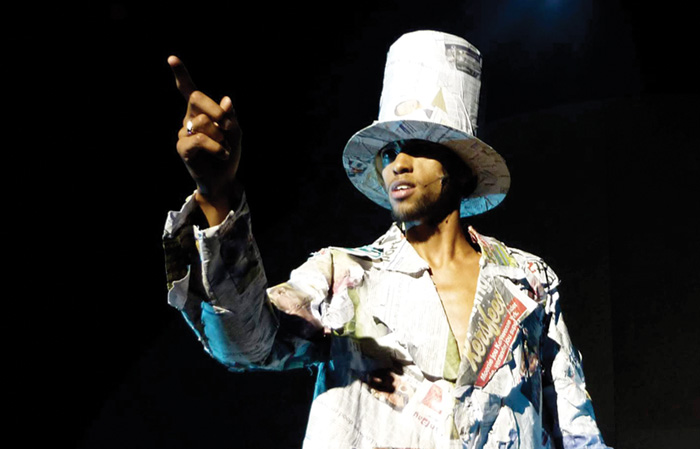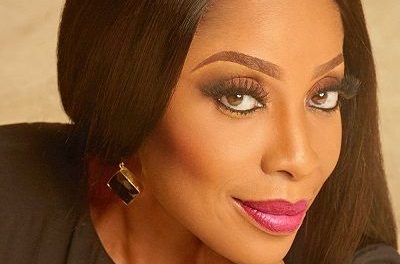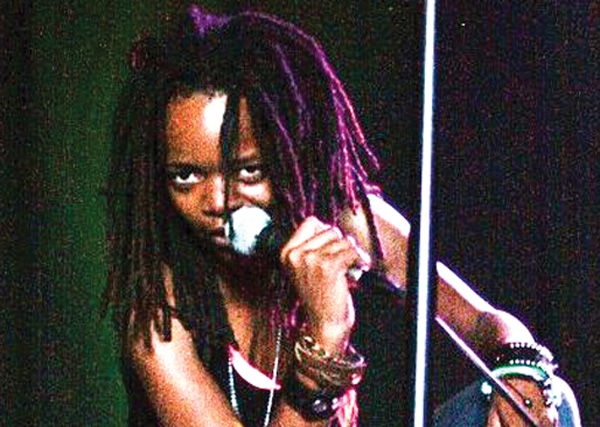
Saving Afrikaans from the establishment: AfricAvenir rescreens popular film Afrikaaps

Venue: Franco Namibian Cultural Centre cinema
Date: Wednesday 13 July 2016
Time: 18:30
Entry” N$30
Runtime: 60 minutes
Language: Afrikaans with English subtitles
Screening partners: AfricAvenir, FNCC, Plexus Films
AfricAvenir announced the rescreening of the popular, award-winning film, Afrikaaps, next week at the cinema in the Franco Namibian Cultural Centre, with education veteran, Dr Ottilie Abrahams as special guest. The film premiered in Namibia some five years ago. In the meantime it has received a string of accolades and industry awards.
In his debut documentary, “Afrikaaps”, Dylan Valley explores the untold Creole history of Afrikaans using what he knows best: HipHop, humour and personal perspective. The film follows a group of local artists creating the stage production, AFRIKAAPS, as they trace the true roots of Afrikaans to slaves in the Cape. It features the musical greats, Jitsvinger, Kyle Shepard, Emile (black noise), Moenier Parker, Shane Cooper, Blaq Pearl, the powerhouse b-boy, Bliksemstraal, and the poetic genius of Jethro Louw. The film reclaims and liberates Afrikaans from its reputation as the language of the oppressor, taking it back to the people who own it.
“Afrikaaps” premiered at Encounters documentary festival in August 2010 and screened to sold out houses at the V & A Waterfront’s Nu Metro Cinema in Cape Town. It received the runner-up audience award for best South African documentary. It has since screened at the Tri-Continents documentary festival in Johannesburg, the Cultavaria festival in the Paarl and is currently screening on Mnet’s Msanzi Magic Channel.
In March 2011, it won the Best Documentary at the Cape Winelands Film Festival.
AfricAvenir presented the film to Namibian audiences in June 2011. Commenting on what motivated him to make Afrikaaps, Valley said “I had written an article with my sister, Greer, about Afrikaans hip hop and the origins of Afrikaans in the Cape just before I met Catherine (Henegan) and Aryan (Kaganof), the play writer. The timing was just perfect and we really clicked. I learnt a great deal in the process as well. Some of the history we learnt really blew my mind. I always thought the film would end up resembling “The Buena Vista Social Club” by Wim Wenders. I’m a huge fan of the film, and I referenced its style and structure a lot in my initial documentary proposal. Because I had around ten characters in my film, I needed to reference a successful musical documentary film that had quite a large cast. The film ended up being quite different from what I had initially planned.”
“I think it appeals to both a local and international audience, as it deals with universal themes. However, I think that young South Africans especially will enjoy it, particularly the coloured community as it might reveal parts of their heritage they have never known about. I myself certainly never knew the extent to which the Malays, the Khoi and the San had shaped the language until I started researching this for myself.”
Valley hopes, that the film “gets people to think about Afrikaans in a different light. There is a whole different side to languages, their origins and adaptations, especially in Cape Town.”
Valley is an associate lecturer in film at the University of the Witwatersrand.













































